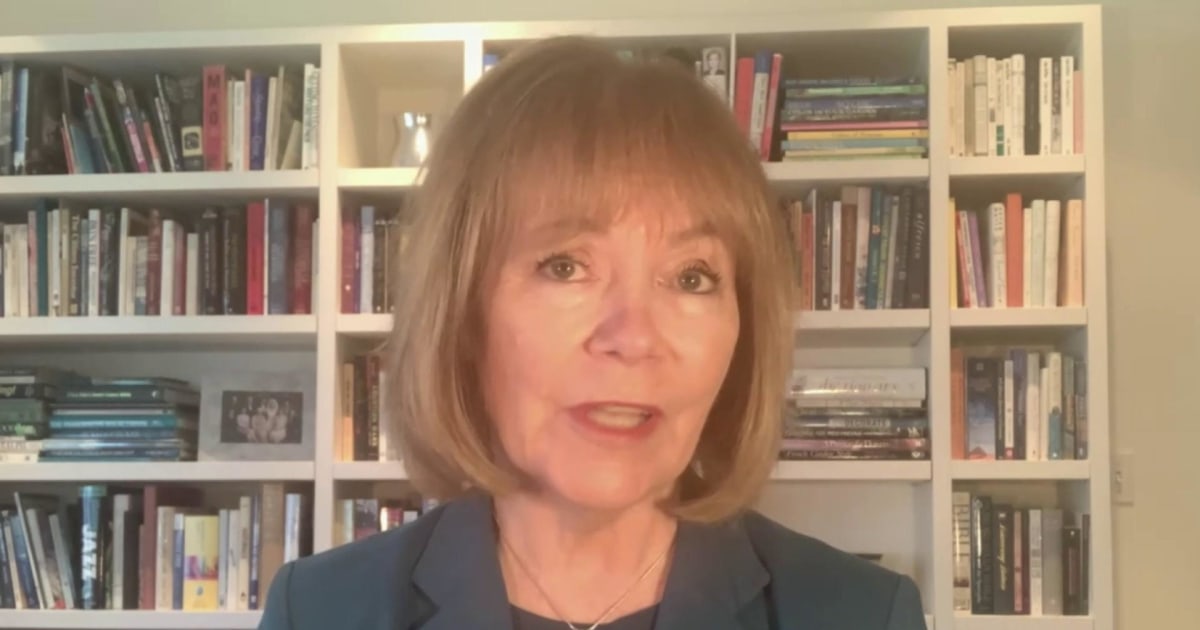Hollywood Shut Down: Writers And Actors Strike Impacts Film And TV

Table of Contents
Immediate Impacts of the Hollywood Strike
The immediate impact of the Hollywood strike is undeniable and far-reaching. The combined power of the WGA and SAG-AFTRA has brought nearly all aspects of film and television production to a grinding halt.
Production Halts
The strike has caused a complete halt to almost all film and television production across the country. This unprecedented shutdown affects every corner of the industry.
- Major studio productions delayed: Blockbuster movies and highly anticipated television series are indefinitely postponed, impacting release schedules and potential revenue.
- Independent film projects stalled: Smaller-budget productions, often the breeding ground for new talent and innovative storytelling, are significantly impacted, facing funding challenges and potential cancellation.
- Late-night talk shows cancelled: A staple of American television, late-night talk shows have gone dark, leaving a noticeable void in the daily entertainment landscape.
- Reality TV production significantly impacted: Even reality television, often perceived as less reliant on writers, has felt the pinch, with many productions either delayed or cancelled due to the actors' strike.
This widespread shutdown leads to significant financial losses for studios, production companies, and crew members. The ripple effect extends far beyond the immediate participants, causing economic hardship for countless individuals who depend on the industry for their livelihoods.
Economic Ripple Effects
The Hollywood strike's economic consequences extend far beyond the entertainment industry itself. The shutdown has created a ripple effect that is felt in numerous sectors.
- Local businesses near production studios affected: Businesses like catering companies, transportation services, and local restaurants that rely heavily on the film industry's spending are experiencing significant declines in revenue.
- Decreased tourism in Hollywood: The closure of studios and production halts decrease tourism, impacting hotels, shops, and other businesses dependent on the influx of visitors.
- Job losses extending beyond the entertainment industry: The impact reaches beyond the immediate production teams; support industries, like equipment rental companies and post-production facilities, are also experiencing job losses.
The economic impact is broad and deep, affecting not only those directly involved in film and television production but also the wider community and economy surrounding Hollywood. The total economic cost is likely to be substantial and will take time to fully assess.
Long-Term Consequences of the Hollywood Shutdown
While the immediate impacts of the Hollywood shutdown are severe, the long-term consequences could reshape the entertainment industry for years to come. The strike's effects are likely to be felt across various sectors, leaving a lasting legacy on the way film and television are produced and consumed.
Streaming Service Impact
The strike is severely threatening the streaming model, disrupting content pipelines and potentially altering the very landscape of online entertainment.
- Delayed release of new seasons and shows: Streaming platforms are facing delays in releasing new seasons and original content, impacting subscriber satisfaction and potentially leading to cancellations.
- Potential subscription cancellations due to lack of fresh content: Without a constant stream of new programming, subscribers may choose to cancel their subscriptions, impacting streaming services' profitability.
- Impact on streaming service profitability: The financial implications of delayed productions and potential subscriber loss are significant, requiring streaming giants to re-evaluate their business models and long-term content strategies.
The long-term viability of the streaming model hinges on its ability to navigate this crisis and adjust to the changing demands of both creators and consumers.
Impact on Film and TV Releases
The Hollywood shutdown's effect on film and television releases will be felt for a considerable time. The delay of productions will inevitably alter release schedules and affect industry planning for years to come.
- Shifting release dates: Major film and television releases will experience significant delays, impacting marketing campaigns and audience anticipation.
- Potential box office losses for theatrical releases: Postponed releases could negatively affect box office revenues, particularly for films with limited windows of theatrical release.
- Impact on award season and film festivals: The timing of film and television releases could significantly disrupt the usual rhythm of award season and film festival submissions and selections.
The ripple effect on marketing strategies, audience engagement, and the overall dynamics of the entertainment industry is substantial and far-reaching.
Negotiations and Potential Resolutions
The success of the strike, and its long-term consequences, hinges entirely on the negotiations between the unions (WGA and SAG-AFTRA) and the Alliance of Motion Picture and Television Producers (AMPTP).
- Key issues include fair wages: The unions are fighting for fair wages that reflect the current cost of living and the industry's massive profits.
- Residuals in the streaming era: The outdated system of residuals for streaming content is a major point of contention, with the unions demanding a fairer system that compensates actors and writers for their work on streaming platforms.
- The use of AI in the industry: The growing use of artificial intelligence in writing and acting is also a key concern, with the unions demanding protections against the potential displacement of human workers.
The length and outcome of this Hollywood strike are uncertain, dependent entirely on the willingness of both sides to reach a compromise that addresses the core issues raised by the unions.
Conclusion
The Hollywood shutdown caused by the simultaneous WGA and SAG-AFTRA strikes represents a critical moment for the entertainment industry. The immediate impact is widespread production halts and significant economic disruption, but the long-term consequences could reshape the landscape of film and television production, streaming services, and labor practices. The resolution of this historic strike will determine the future of Hollywood and its ability to adapt to the evolving media landscape. Understanding the impacts of this Hollywood strike is crucial for anyone involved in or following the entertainment industry. Stay informed about the ongoing negotiations and the evolving situation to fully grasp how this Hollywood strike will continue to impact film and TV.

Featured Posts
-
 Daily Nav Updates For The Amundi Msci World Catholic Principles Ucits Etf
May 24, 2025
Daily Nav Updates For The Amundi Msci World Catholic Principles Ucits Etf
May 24, 2025 -
 Seattles Parks Essential Resources During A Public Health Crisis
May 24, 2025
Seattles Parks Essential Resources During A Public Health Crisis
May 24, 2025 -
 Porsche Koezuti Modell Legendas F1 Motorral
May 24, 2025
Porsche Koezuti Modell Legendas F1 Motorral
May 24, 2025 -
 Escape To The Country Your Guide To A Peaceful Rural Retreat
May 24, 2025
Escape To The Country Your Guide To A Peaceful Rural Retreat
May 24, 2025 -
 Explanation For Today Anchors Recent Absence Cohosts Offer Support
May 24, 2025
Explanation For Today Anchors Recent Absence Cohosts Offer Support
May 24, 2025
Latest Posts
-
 Unexpected Billie Jean King Cup Win For Kazakhstan Against Australia
May 24, 2025
Unexpected Billie Jean King Cup Win For Kazakhstan Against Australia
May 24, 2025 -
 Kermit The Frog University Of Marylands 2024 Commencement Address
May 24, 2025
Kermit The Frog University Of Marylands 2024 Commencement Address
May 24, 2025 -
 Kermit The Frog To Address University Of Maryland Graduates
May 24, 2025
Kermit The Frog To Address University Of Maryland Graduates
May 24, 2025 -
 2025 Commencement Kermit The Frog To Address University Of Maryland Graduates
May 24, 2025
2025 Commencement Kermit The Frog To Address University Of Maryland Graduates
May 24, 2025 -
 University Of Maryland Commencement Speaker 2024 Kermit The Frog
May 24, 2025
University Of Maryland Commencement Speaker 2024 Kermit The Frog
May 24, 2025
